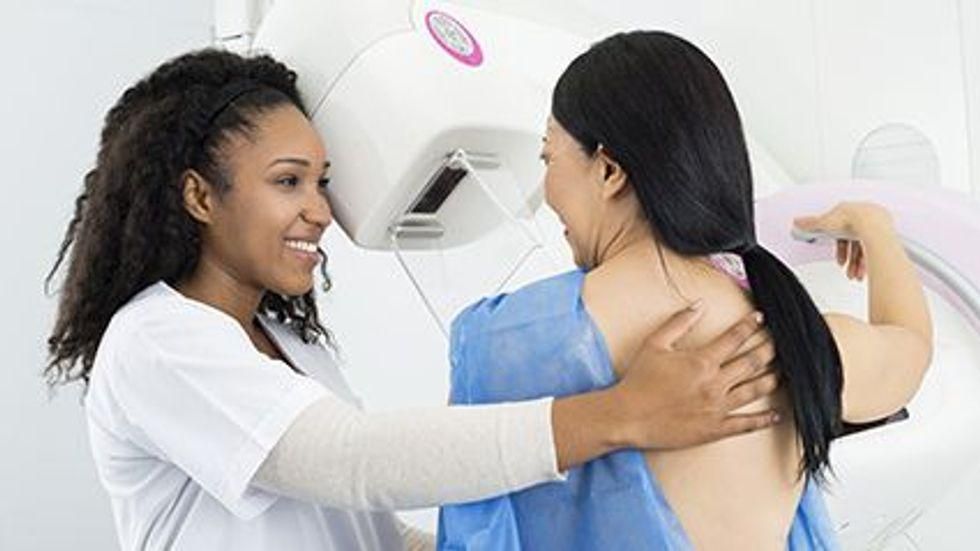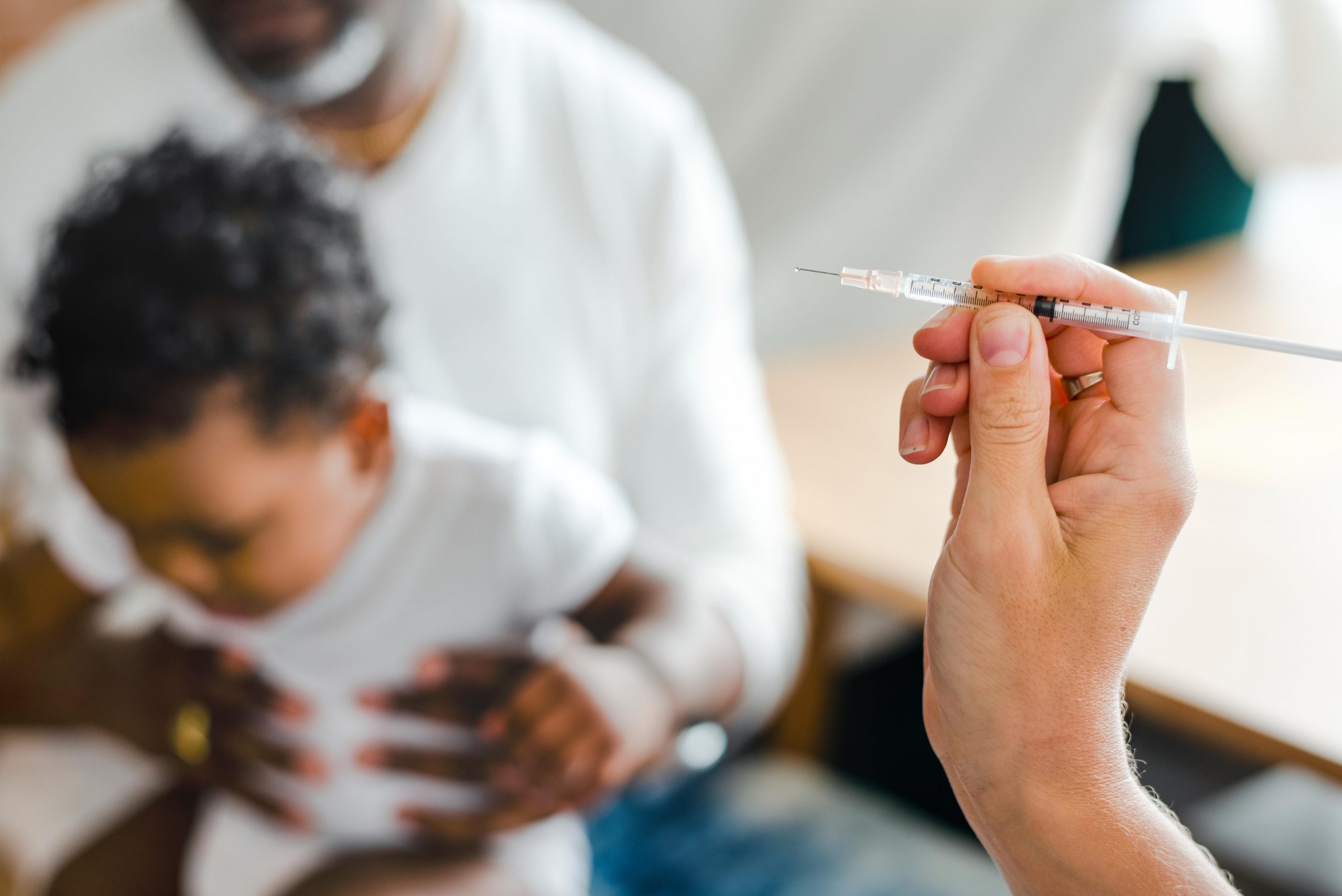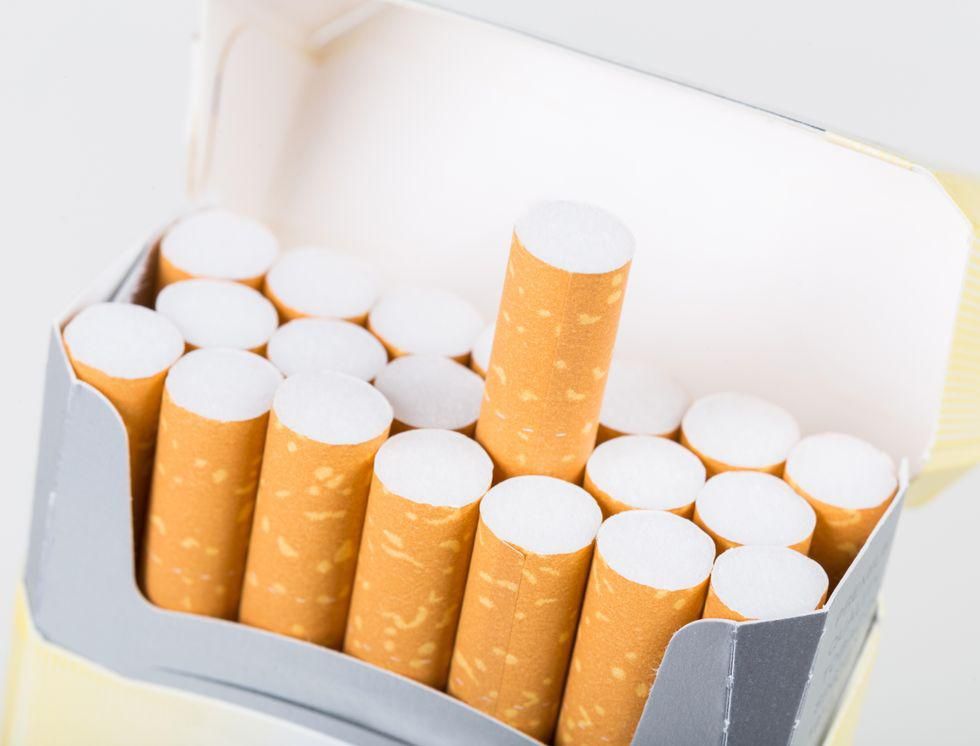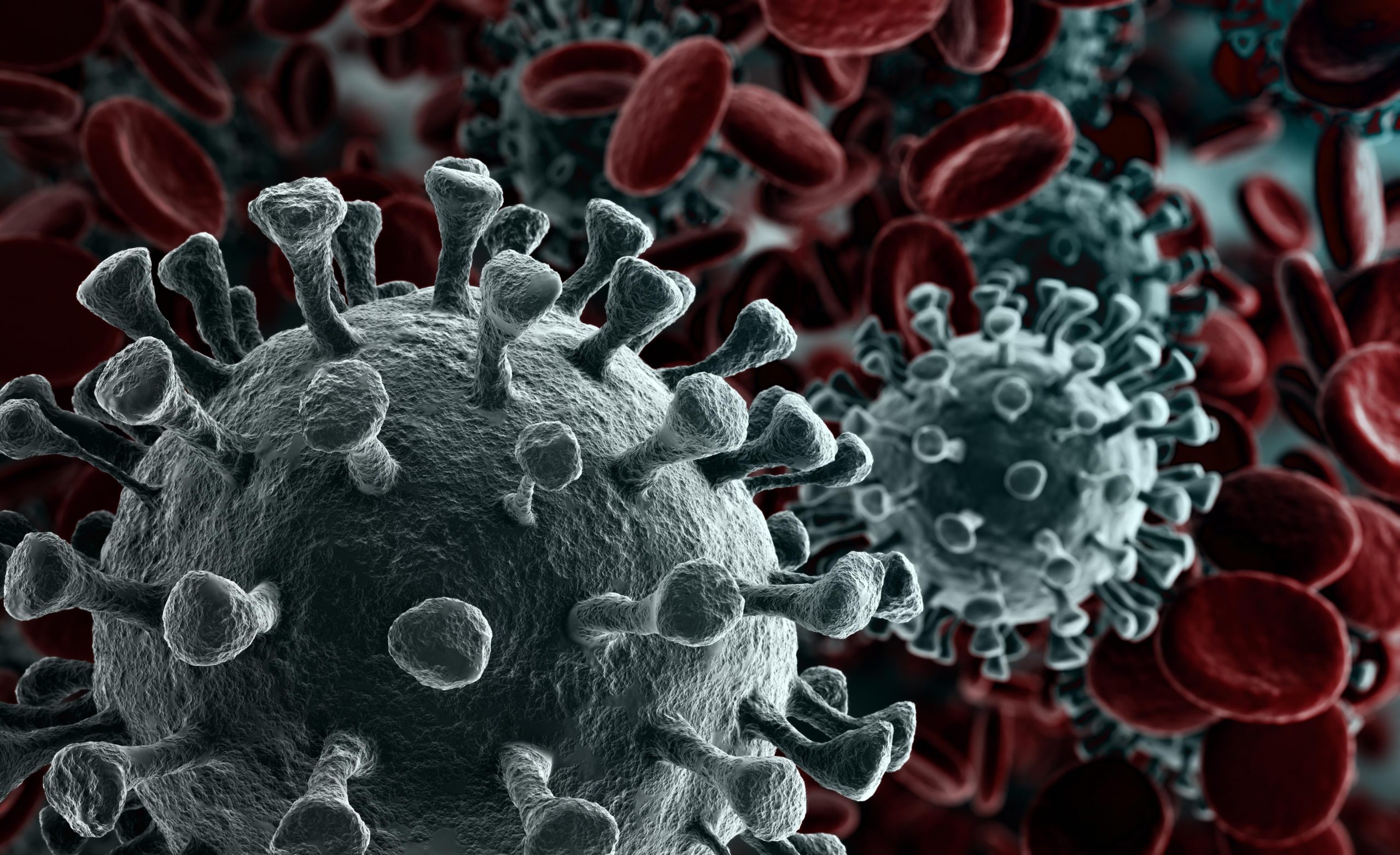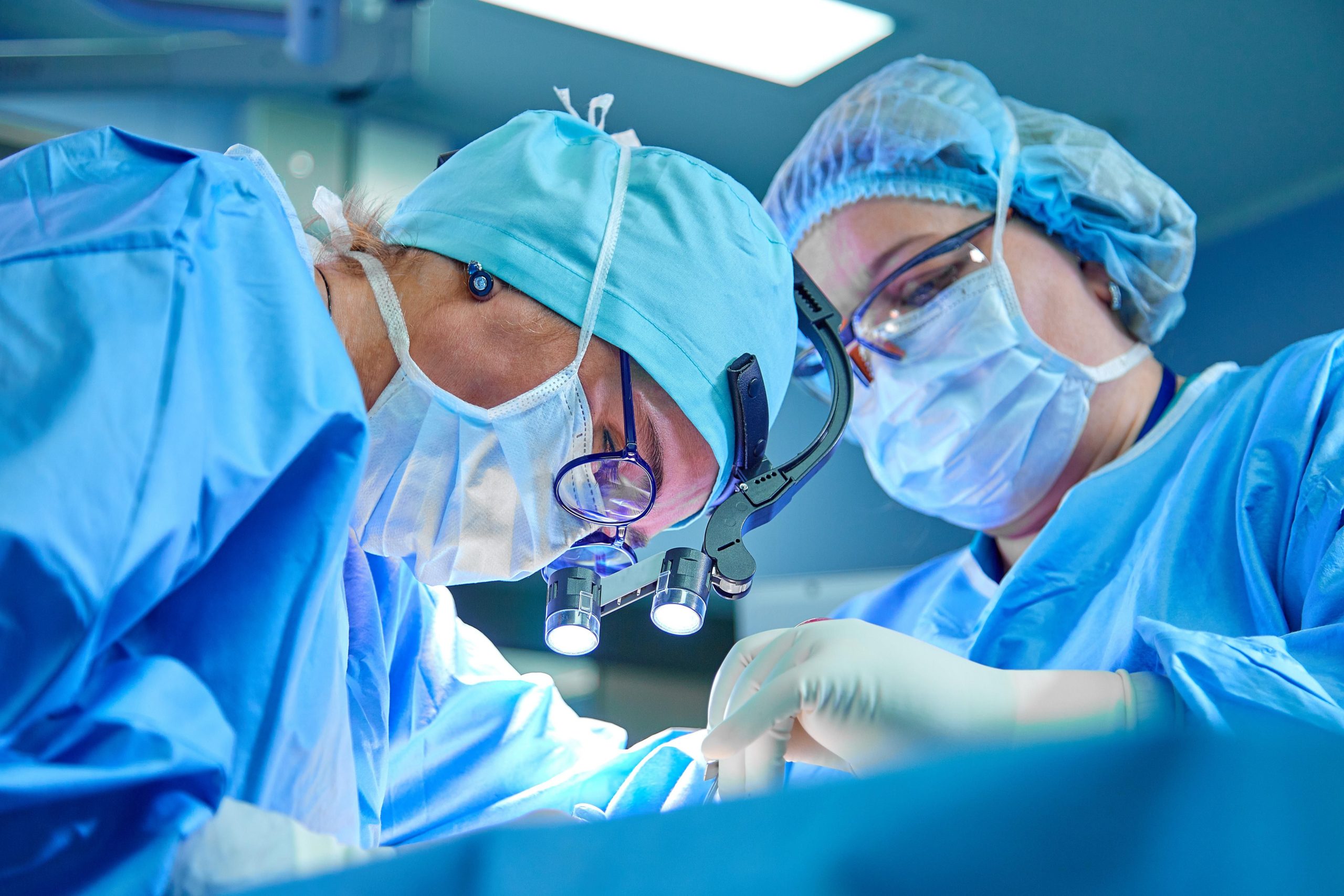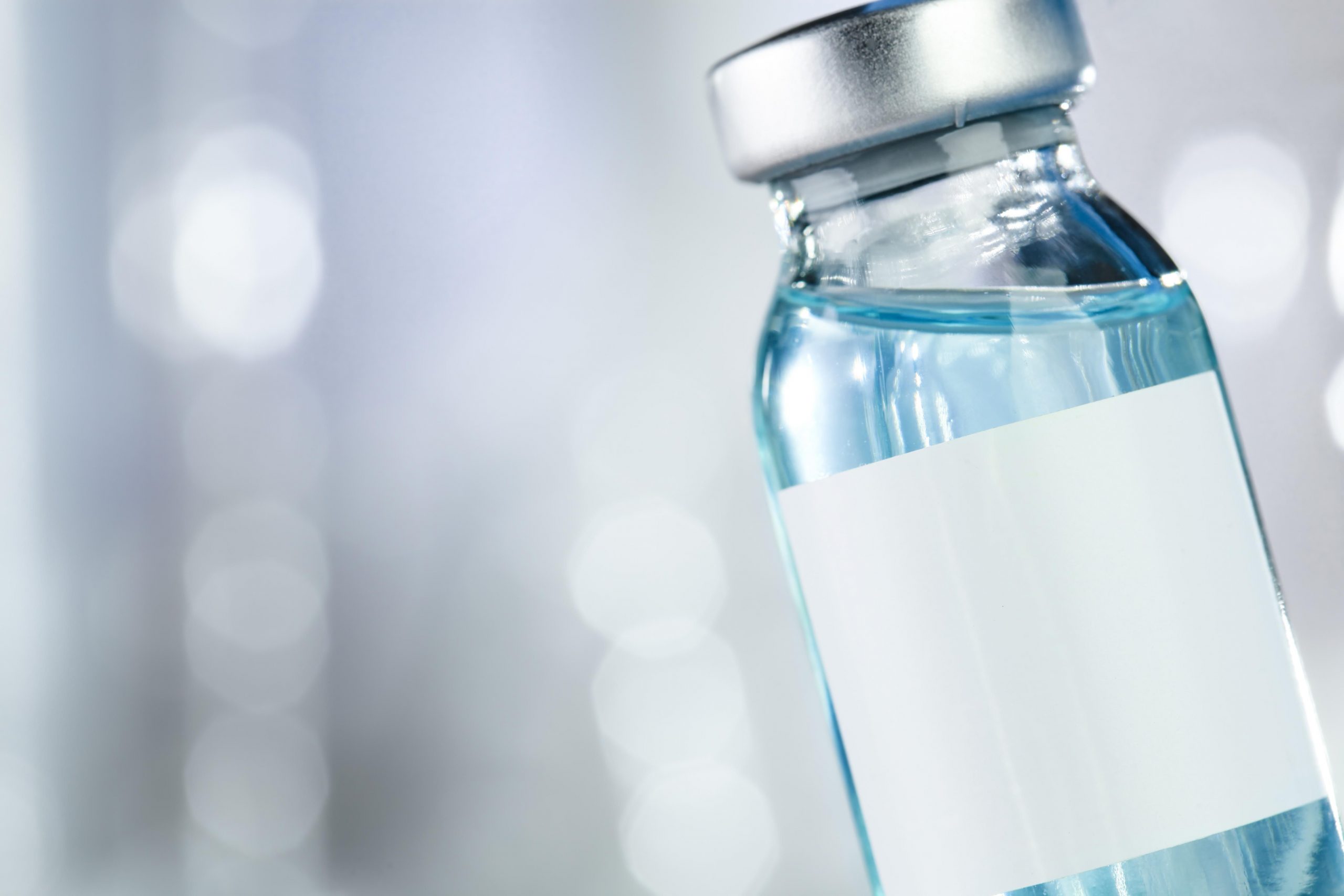
A U.S. Food and Drug Administration vaccine advisory panel will weigh whether to recommend the emergency use of Novavax’s COVID-19 vaccine on Tuesday. The decision will be based on clinical trial data the company released in January, when it first filed for approval of its vaccine. If the committee votes in favor of authorization, the… read on > read on >













